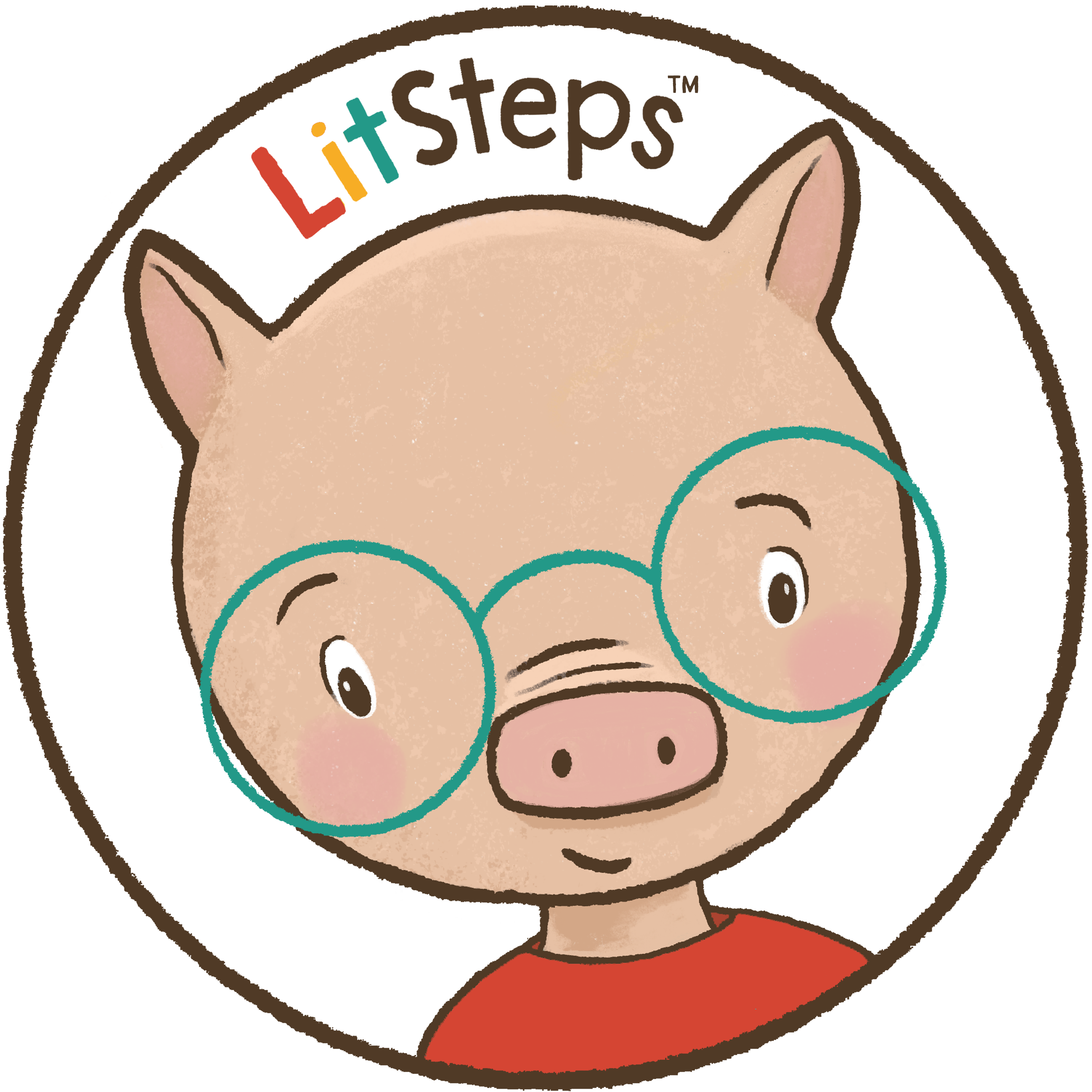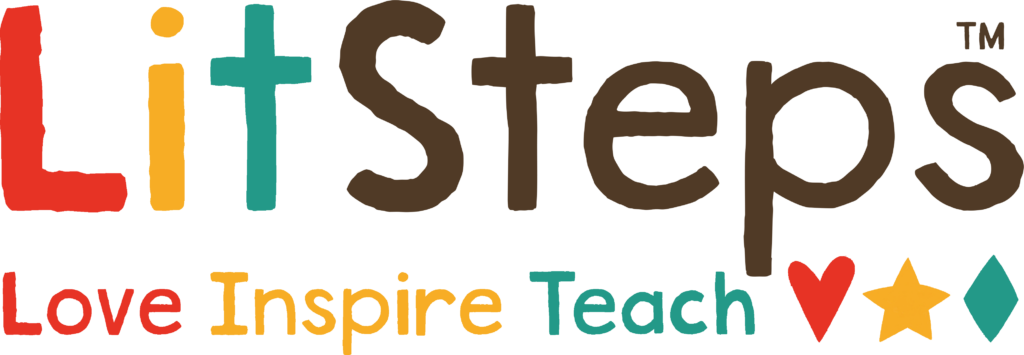Frequently Asked Questions
Why choose LitSteps?
My advice and guidance are based on research and decades of teaching experience as an educator and parent. I have successfully taught preschool, Kindergarten, First Grade, Third Grade, Fourth grade, Kindergarten through 6th grade ESL, K-6th Reading, and K-6th grade Art for one of the largest, most diverse socio-economic districts in the United States. I have a master's degree in Pre-K-6 education from New York University and have studied literacy extensively at Columbia University's Teacher's College. I build strong connections with every student I teach because I know they need to trust me before they will learn from me. I hope to gain your trust, too. I'd like nothing more than to help you navigate the literacy journey.
How much time should I spend teaching my child each day?
The amount of time you spend teaching your child depends on many factors; their age, ability to focus, your schedule, the time of day, and the skill they're working on. In other words, it varies greatly based on the child and your situation. The best advice I can give you is to be consistent. Pick a time every day and stick to it. Devoting 10 or 15 minutes a day to literacy skills is better than trying to get your young child to sit still for an hour once a week. Read a book, pick one thing to teach them, and call it a day. Take little steps each day. Don't tire your child (or yourself) out with long sprints.
What skills does my child need to succeed in kindergarten?
The most important skill your child needs to build before kindergarten is self-confidence. Children who are open to new experiences and have a good amount of self-belief learn quickly. Your job is to ensure your child is exposed to books, engages in conversations, and feels safe to ask and answer questions.
Why bother teaching my child when schools teach literacy?
This is a valid question. And a lot of parents feel this way. But I'm hoping I can change your mind. For your sake, as much as for your child's. Think of your child's developmental years as an open window. All sorts of new things are flying through that window. Their observations. The influence of other caregivers. What they learn from television or movies. Some of those things will help them, but most are passive. Your child is just watching, not doing. They need someone they trust who cares deeply about them to inspire them to act. That person is you. Once they're in school, the window will begin to close. They'll rely on their teachers, classmates, and friends to guide them. And remember- there's only one teacher in early education classrooms. Will your child know how to take responsibility for their learning when the teacher is busy? Will they have the confidence to raise their hand? To ask for help?

